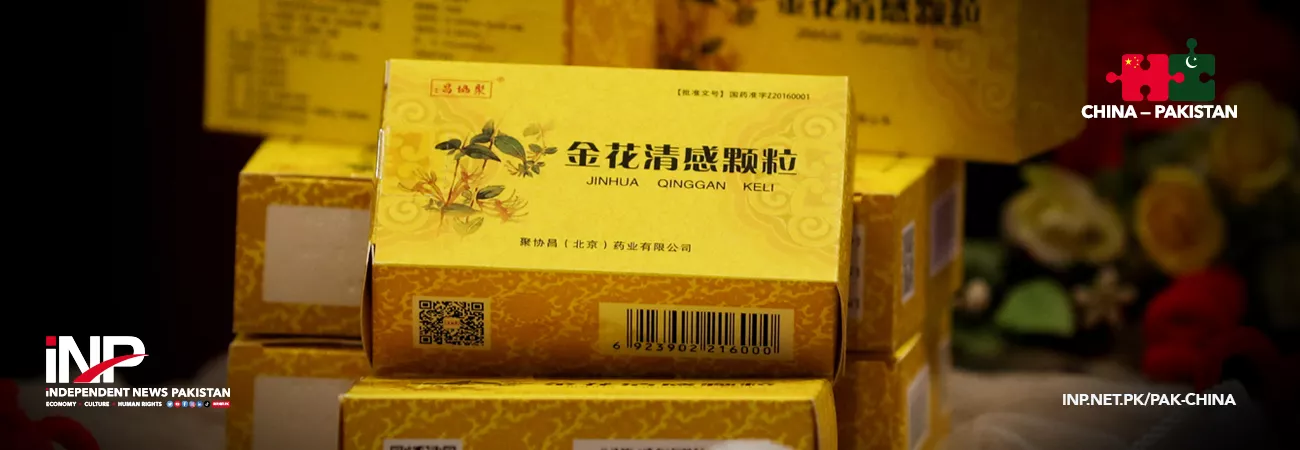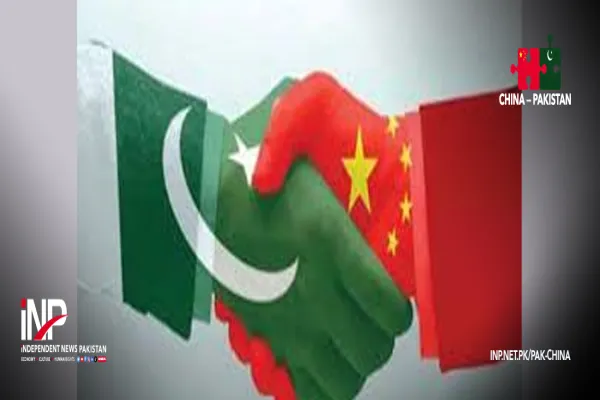i NEWS PAK-CHINA
Unani and traditional Chinese medicines can provide more medical options, treating various diseases. "We should provide alternate ways of treatment to our people so that they can get better health facilities. Cooperating with China can help us achieve that," said Syed Shabib ul Hasan, vice chancellor of Hamdard University, the oldest and largest traditional medicine college in Pakistan, according to a report published by Gwadar Pro on Friday. During COVID-19, Pakistani traditional medicine, Unani medicine, played a part in Pakistan and traditional Chinese medicine(TCM) also played a great role in China along with allopathy.
"We have signed MOUs with Chinese universities to promote traditional medicine, including identification and cultivation of herbal medicine and mutual recognition of quality standards." Syed Shabib ul Hasan noted. This year, more TCM training programs are provided to Pakistani students. The acceptance of TCM in Pakistan has also been increasing these years. "Chinese government has invested and provided opportunities to train Pakistani students in TCM. However, we are not giving such importance to our traditional medicines."
Syed Shabib ul Hasan stressed that Unani medicine should be promoted in the same way that TCM has been promoted. "We can develop medicines on the basis of our herbal plants, and China can help." He added. "WHO has calculated that more than 42% of drugs available in the market are derived from plants or natural products. There is richness of herbs in Pakistan, we have advantages in topography." Ahsana Dar Farooq, Dean of Eastern Medicine of Hamdard University suggested doing joint research projects about how Unani practitioners and TCM practitioners diagnose a disease to see what is common and what is different between the two systems.
"There are many similarities between TCM and Unani medicine. For example, we both focus on balancing and holistic, which means considering the whole body, while allopathic medicine focuses on a single symptom. I think the main difference is the ingredients. TCM has some ingredients that are not in our area."
"The effect of their collaboration is that more Unani herbs will be used in China, more Chinese herbs will be used here," said Hakeem Abdul Bari, head of Research and Development in Hamdard Laboratories of Pakistan. He told us that a number of Chinese herbs have already been commonly used in Paksitan. "Herbs whose names include Chini or Khatai are mostly from China, such as Revand Chini, Jazwar Chini, Revand Khatai. Cinnamon also comes from China, which we call Dar Chini.
There are also many herbs going to China from us, such as fennel." Pakistani herbal medicines have rich resources in the treatment of respiratory and skin diseases, and the products are exported to Central Asia and other countries. "Our lab is collaborating with Chinese institutions that also order from us. There are at least 15 to 20 types of herbs exported to China from here," h e added.
Credit : Independent News Pakistan-INP









